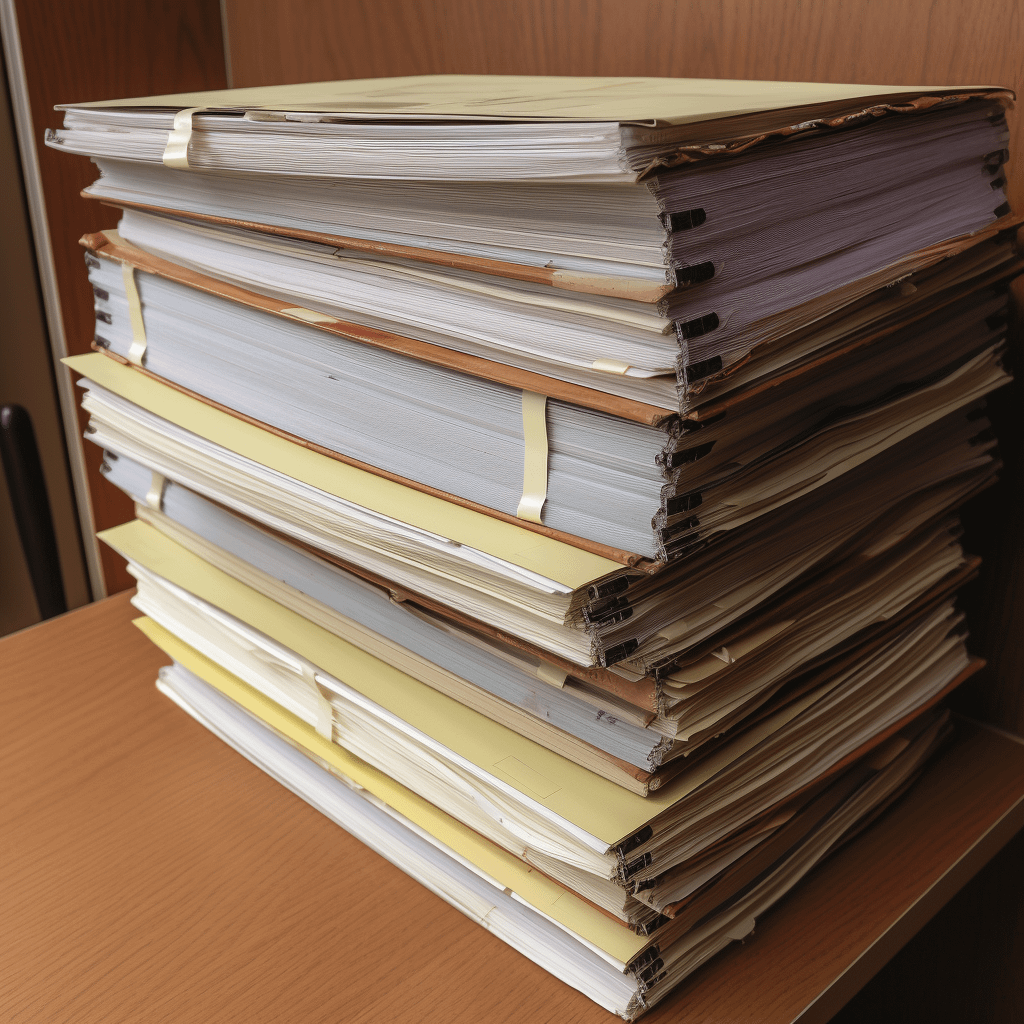
 Trusted Content
Trusted Content
Key Takeaways
- If someone is fatally injured in an accident that was caused by another party’s negligence, their loved ones may be able to file a wrongful death lawsuit on their behalf.
- A successful wrongful death lawsuit can result in compensation for funeral and memorial expenses, emotional pain and suffering, loss of financial support, and more.
- Wrongful death lawsuits often arise from fatal car crashes, fires, falls, workplace accidents, and more.
Losing a loved one because of someone else’s negligence is a devastating experience. On top of the emotional trauma, the expenses add up quickly, from medical bills to funeral costs. A California wrongful death lawyer can guide you through the legal process and provide support and assistance as you seek justice for your loved one through a wrongful death lawsuit.
While no amount of money can account for the tragedy of an unexpected death, a wrongful death lawsuit may help bring closure to those affected. At Porter Simon Sierra Injury Lawyers, we understand the thought of navigating a wrongful death lawsuit likely seems overwhelming. Our experienced wrongful death lawyers have the experience, knowledge, and resources needed to pursue justice on your behalf. Contact us for a free legal consultation and learn more about how our wrongful death attorneys help grieving families hold negligent parties accountable.
What Is a Wrongful Death Suit?
A wrongful death lawsuit is a type of personal injury claim brought when a death results from the negligence or intentional misconduct of another person or entity. This legal action holds the responsible party accountable and pursues compensation for the losses suffered by the surviving family members. In a wrongful death suit, the plaintiff must prove the defendant’s actions or lack of actions directly caused the death, and that the death resulted in damages for the surviving family members, including financial losses, such as medical expenses and funeral costs, as well as non-economic losses, such as emotional pain and suffering, loss of companionship, and loss of financial support.
Wrongful death suits are complex and require thorough investigation, evidence gathering, and legal knowledge. If you believe your loved one’s death occurred because of someone else’s negligence or intentional misconduct, consult with a wrongful death lawyer who can evaluate your case, explain your legal options, and help you navigate the legal process.

The Difference Between a Wrongful Death Claim and a Criminal Homicide Prosecution
A wrongful death claim and a criminal homicide prosecution are two separate legal proceedings dealing with the death of an individual. While a wrongful death claim focuses on seeking compensation for the losses suffered by the surviving family members, a criminal homicide prosecution punishes the responsible party for their actions. The burden of proof in a wrongful death claim is lower than in a criminal case, where the plaintiff must prove the defendant guilty beyond a reasonable doubt.
When Is a Death Considered Wrongful?
A death is wrongful when caused by another person’s negligence or intentional misconduct. If a person’s actions or lack of actions directly cause the death of another person, it may qualify for a wrongful death lawsuit. Wrongful deaths happen in a variety of circumstances, like car accidents, workplace accidents, medical malpractice, or criminal acts like assaults or shootings.
Examples of Wrongful Death Cases
- Car Crashes: In 2021 alone, 4,285 died from a motor vehicle accident on California’s roadways, a leading cause of wrongful death claims. These accidents involve not only drivers, but also pedestrians and cyclists hit by negligent, reckless, or careless motorists.
- Slip and Falls: Falls can often have serious consequences, including fatal injuries. When property owners do not maintain a safe premises or warn of hazards, fatal falls may occur.
- Workplace Accidents: Wrongful deaths may occur in the workplace, particularly in industries with inherently dangerous conditions, such as construction or manufacturing. A wrongful death claim may apply in cases where a third-party contractor or property owner caused the death, or if an employer does not provide workers’ compensation insurance.
- Negligent Security: In cases where inadequate security measures result in the death of an individual, such as in a robbery or assault, the family of the deceased may have a wrongful death claim against a property owner or business without proper security.
- Fires: Fires have devastating consequences, and in some cases, happen because of negligence or improper maintenance on a property. When a fire occurs because of a property owner’s failure to meet safety standards, it may result in a wrongful death claim.
- Medical Malpractice: When healthcare professionals fail to provide the standard of care expected in their field, patients may suffer unnecessary harm or even death. Medical malpractice cases arise from surgical errors, misdiagnosis, medication errors, or other forms of negligence.
A wrongful death claim focuses on seeking compensation for the losses suffered by the surviving family members. A criminal homicide prosecution punishes the responsible party for their actions.
What Is the Compensation for Wrongful Death Lawsuits?
The compensation for wrongful death lawsuits varies depending on the specific circumstances of each case. Factors like the extent of the damages, the financial losses suffered by the surviving family members, and the degree of negligence or intentional misconduct involved all impact the amount of compensation awarded. While outcomes vary, working with a top-quality wrongful death law firm with a track record of success and positive case results greatly increases your chances of receiving fair compensation.
Economic Damages
Economic damages involve the financial losses the surviving family members may experience as a result of wrongful death. These damages include:
Funeral Expenses: When a loved one passes away, the family bears the responsibility for the costs of funeral arrangements, including the burial or cremation, casket or urn, cemetery plot, headstone, and other associated expenses. These costs quickly add up and create a significant financial burden for the family during an already difficult time. Wrongful death lawsuits seek compensation for these funeral expenses, alleviating the financial strain on the family.
Loss of Current and Future Economic Support: Losing a loved one often means losing financial support, especially if the deceased contributed significantly to the family’s income. Wrongful death lawsuits seek compensation for the loss of the deceased’s current and future earnings, including loss of wages, benefits, bonuses, and the potential earnings the deceased would have earned in their lifetime.
Non-Economic Damages
Wrongful death lawsuits consider not only the economic losses, but also the non-economic damages the surviving family members endured. These damages, while not tangible or easily quantifiable, are just as important in recognizing the impact of the loss.
Emotional Pain and Suffering: Losing a loved one in a wrongful death results in significant emotional pain and suffering for the surviving family members. Non-economic damages may include compensation for the mental anguish, loss of companionship, and the emotional toll of the loss on the family.
Loss of Consortium: Wrongful death results in the loss of the companionship, love, and support of the deceased. Compensation for loss of consortium acknowledges and compensates for this significant loss.

Who Can File a Wrongful Death Lawsuit?
When a tragic wrongful death occurs, knowing who may file a wrongful death lawsuit is crucial for recovering justice. In California, the following parties generally may file a wrongful death lawsuit:
- Surviving Spouse, Putative Spouse, or Domestic Partner: If the deceased was married or in a registered domestic partnership, the surviving spouse or partner typically files the wrongful death lawsuit. This also covers putative spouses who believed in good faith they were married to the deceased.
- Children and Grandchildren: In the absence of a surviving spouse or domestic partner, the deceased’s children or grandchildren may file a wrongful death lawsuit. Minor children must have adult representation, usually a parent or legal guardian.
- Dependent Minors: If the deceased had dependent minors, such as financially reliant children, the legal guardian or custodial parent may file a wrongful death lawsuit on behalf of the minors.
- Parents: If the deceased did not have a surviving spouse, domestic partner, or dependent minors, the deceased’s parents may file a wrongful death lawsuit. This applies to both biological and adoptive parents.
- Next of Kin if None of the Above: If there is no surviving spouse, children, grandchildren, parents, or dependent minors, the next of kin may file a wrongful death lawsuit. This includes siblings, nieces, nephews, or other close relatives.
- Personal Representative or “Executor” of the Estate: If the deceased appointed a personal representative or executor of their estate, that person may file a wrongful death lawsuit on behalf of the estate and its beneficiaries.

How To File a California Wrongful Death Claim: 7 Steps
Filing a California wrongful death claim may seem like a complex and daunting process, but with the right guidance, you can hold the responsible party accountable and seek justice for your loved one.
Follow these seven steps when pursuing a wrongful death lawsuit:
- Seek Legal Representation: First, consult with a California wrongful death lawyer for help navigating the legal process and advocating for your rights. They will be your trusted ally and help you navigate the complexities of the legal system.
- Start the Investigation: The wrongful death attorney initiates an investigation gathering evidence, interviewing witnesses, and building a strong case on your behalf. Qualified wrongful death lawyers work diligently in uncovering the truth and holding the responsible parties accountable.
- Identify and Alert Potential At-Fault Parties: The attorney identifies the parties responsible for the wrongful death and notifies them of your intent to file a lawsuit.
- File a Wrongful Death Lawsuit: After completing the investigation, your attorney files a wrongful death lawsuit on your behalf. This formal legal document outlines the claims, damages sought, and the legal basis for holding the defendants accountable.
- Begin Negotiations: In many cases, parties involved in a wrongful death claim may opt for a settlement outside of court. Your attorney engages in negotiations with the defendants and their insurance companies toward fair compensation for your losses.
- Start the Litigation Phase, if Needed: If a settlement cannot be reached, your wrongful death lawyer proceeds with preparing the case for trial. Your lawyer will build a strong case on your behalf to fight for a favorable jury verdict.
- Trial Finishes and Verdict Issued: In trial, your lawyer presents your case before a judge or jury. If the trial is successful, the jury will issue a verdict specifying the amount of compensation the defendant owes you.
Contact a California Wrongful Death Lawyer for Help
If you lost a loved one due to wrongful death, a California wrongful death lawyer can provide the guidance and support you need. Contact Porter Simon Sierra Injury Lawyers for a free consultation and let our experienced attorneys fight for justice on your behalf. We understand the devastating impact of wrongful death and work tirelessly to recover the compensation grieving families deserve. Our compassionate team is here to help, so contact us today.
Article Sources
-
Center for Justice & Democracy
https://centerjd.org/content/fact-sheet-understanding-non-economic-damages







